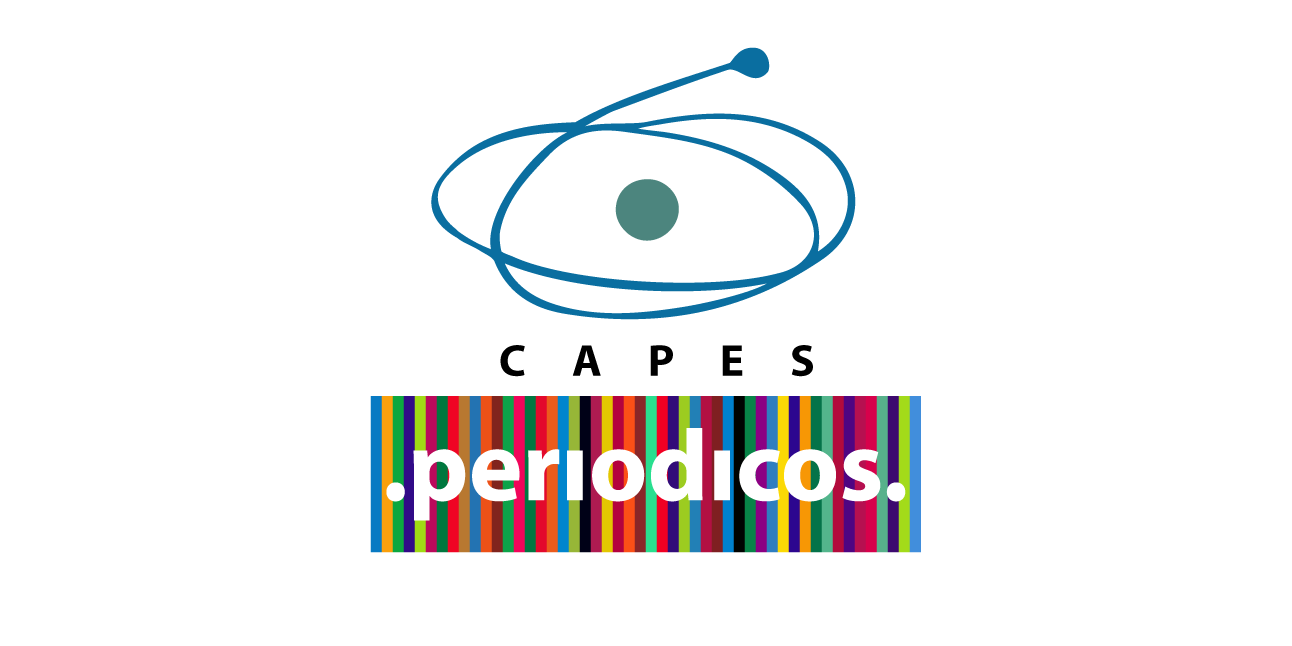Mammography and its Challenges: Socio-Educational Factors Associated to Late Diagnosis of Breast Cancer
DOI:
https://doi.org/10.17765/1518-1243.2016v18n1p63-72Keywords:
Breast Cancer, Prevention, Mammography.Abstract
Brazil has a yearly 60000 new cases of breast cancer. However, only 2.5 million mammographies were taken in 2013 for an expected ten millions in females within the 50-69 year-old age bracket. Population scanning by mammography proves to be an efficient strategy for the reduction of mortality in over 50-year-old females. Current analysis evaluates the socio-educational factors associated to late diagnosis of breast cancer and the valorization of scanning by mammography in asymptomatic females. Twenty-six articles published in Brazil were reviewed between January 2000 and December 2014, with females within the 25 – 69 year-old age bracket. Further, 68.2% of evaluated cases were low-wage females; 94.1% had low schooling and 72.7% were totally dependent on the NHS. Data also showed that 61.2% of breast cancer diagnoses were already within an advanced stage (lll and lV). Late diagnosis and frequently inadequate therapy contributed towards the fact that breast cancer remains the main mortality cause among Brazilian females. Education on autonomy and co-responsibility of females is mandatory in health care to minimize the period between suspected breast abnormality and confirmation through the lack of mammography and the adhesion of asymptomatic females in prevention programs.Downloads
Published
2016-06-15
How to Cite
Assis, C. F., & Mamede, M. (2016). Mammography and its Challenges: Socio-Educational Factors Associated to Late Diagnosis of Breast Cancer. Iniciação Científica Cesumar, 18(1), 63–72. https://doi.org/10.17765/1518-1243.2016v18n1p63-72
Issue
Section
Artigos de Revisão
License
The Editorial Board is authorized to make certain changes in the original text to comply with bibliographical norms, orthography and grammar, so that standards in language and style may be maintained. However, the author´s style will be preserved. The concepts developed by the authors are their exclusive concern and responsibility.In case of approval, the e-mail of acceptance will contain a Letter of Copyright with authors´ name, personal data, and signature of all authors.










